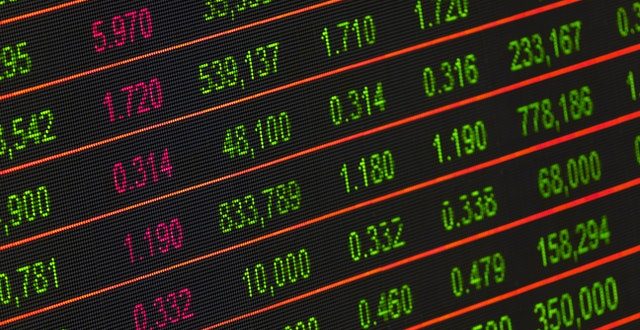Since the financial crisis associated, the average stock market returns have been in the double digits. Wealthy investors with capital in the markets have never had it so good. The top one percent has seen their net worth explode to levels previously unimaginable.
Even average investors have seen some positive returns. People with money in pension pots or private share dealing accounts have, on average, done very well over the past few years as well.
The Future of the Market
But thanks to the COVID-19 pandemic and the economic fallout, we’re entering a different era. Analysts are looking at what’s happening with the disease situation and comparing it with the stock market’s growth over the last ten years, and their outlook isn’t good. According to their projections, the bumper harvest of the last decade has come to an end, and secular increases in stock prices will be low as we advance.
Driving this is the general sense that the stock market decoupled from the rest of the economy over the last decade. While economic output grew as a whole, stock prices steamed ahead much faster, outpacing the secular improvements in productivity.
The result of this is a market that many analysts believe is “priced to perfection.” They suspect that average returns will be south of five percent over the next ten years, and perhaps even zero. Investors, therefore, are seeking new ways to make returns. For instance, share CFDs have become more popular, allowing the average person to bet on individual stocks’ performance and make profits from the difference.
We’re also seeing the rise of thematic investing – people looking for companies associated with certain megatrends and then putting all their money into those. Additionally, average Americans are seeking the best investment app to complete simple transactions that might boost their portfolios.
Whether these strategies will work remains to be seen. But the mainstream view is that these are the only options available to would-be investors. Historical rates of return might not come back to the market until the 2030s. And perhaps they’ll never return if political problems persist.
Another Opinion
Other people, however, predict the opposite. For instance, McKinsey released a report in 2014, which suggested that productivity growth could hit three or four percent per year throughout the 2020s, more than doubling the current level. Of course, this was released before the current global health problems arose. Even so, artificial intelligence, they say, will radically transform the productive potential of the economy, siphoning off cognitive tasks from regular workers and delegating it to machines. The average output will rise tremendously. And humans will be freed up to perform higher-value tasks.
If that happens, then we can expect long-run returns in the stock market to be good. The size of the economic pie will grow, and companies will have more opportunities to make profits. The tech sector is likely to benefit the most from these disruption innovations – which could be why current large-cap tech stocks are worth so much right now.
How the future plays out will inevitably depend on technology. If we get significant breakthroughs in artificial intelligence, then continued economic growth looks likely, indeed. If there is stasis, then the bull run of the 2010s will seem like the “good old days,” and we will have to get used to a new, more stagnant reality.
 Women's Life Link Be Well, Be Happy, Be YOU!
Women's Life Link Be Well, Be Happy, Be YOU!





